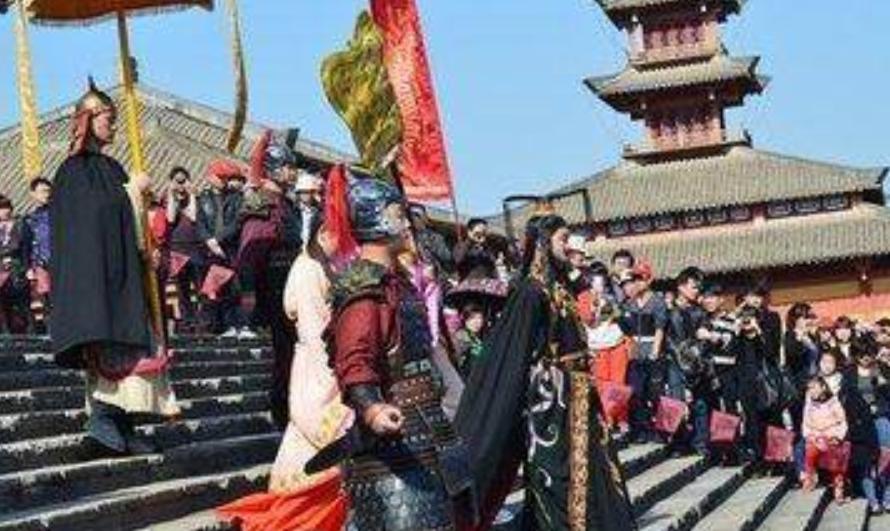History is the memory of things that have been said and done. —Carl Baker
At the end of the Ming Dynasty, natural and man-made disasters occurred continuously. The Ming government faced the threat of Emperor Taiji outside the border, saving money, increasing taxes and servitude. In Shaanxi, however, there was a drought, and the people could not live, so they had to take risks. In the seventh year of the Apocalypse (1627), Li Zicheng launched a peasant uprising in northern Shaanxi.
In the spring of 1644, the gates to the city of Beijing were finally opened to Li Zicheng's army, which was defended by a small number of troops and was vulnerable to the mighty rebel army. When Li Zicheng's rebel army entered the city, the people of the capital went out of their homes and poured into the streets to welcome the hero.
However, Li Zicheng was able to fight the world, could not defend the world, and only reigned for 42 days before fleeing into the wilderness. So what exactly did Li Zicheng do in Beijing that determined his rapid demise?
1. Preparations for the enthronement ceremony

In fact, as soon as Li Zicheng entered Beijing, he had been preparing for his enthronement ceremony, for Li Zicheng, although he overthrew the Ming Dynasty, he still could not change the thinking of small peasants, just entered the city and forgot the hardships he had suffered, and when the world was not yet at peace, he actually began to prepare for his own enthronement ceremony, so he moved into the palace early, sent people around to hunt down the Chongzhen crown prince at the same time, stayed overnight in the dragon bed, and also robbed many concubines and palace women, and soon after, Li Zicheng completely changed, not only put up a shelf for his subordinates , and also suspicious.
Second, indulge your men in burning and looting
At the beginning of the DaShun army's entry into Beijing, Li Zicheng ordered: "Those who dare to hurt people and rob people and property of women will not be spared." "So the order of the capital is still good, and the shops are open as usual." But soon, Li Zicheng indulged in the dream of becoming emperor, conniving at the peasant army to torture and plunder ming officials and raid homes everywhere. Even more indulged in the burning and looting of his subordinates, and the slightly wealthier Beijing officials, gentlemen, and landlords in the capital were wantonly plundered, and they had money to rob money and no money to rob people. Instead of exploiting the old ming courtiers, Li Zicheng easily trampled on and insulted them, using punishment at worst and exterminating the clan at worst.
Third, conniving at Liu Zongmin to occupy Wu Sangui's lover Chen Yuanyuan
Li Zicheng's biggest failure was that one of his moves indirectly led to the entry of the Manchu Qing, and he was unable to effectively organize troops to resist. His subordinate Liu Zongmin snatched Chen Yuanyuan, the concubine of Wu Sangui, a heavy soldier at Shanhaiguan, and tortured Wu Sangui's father, Wu Xiang, and when Li Zicheng wrote a letter to persuade Wu Sangui to surrender, one of the Wu family members fled the city of Beijing and informed Wu Sangui of the current situation of the Wu family. Wu Sangui became angry and swore never to surrender, but also to raise troops to avenge his father, Li Zicheng not only did not have a good word of comfort, but felt that Wu Sangui was disrespectful to himself, and even led hundreds of thousands of peasant troops to attack Shanhaiguan.
Li Zicheng, because of his short-sightedness and greed for enjoyment, eventually missed an opportunity to build a new dynasty, however, history is ruthless, throughout the history of China, relying on the example of launching a peasant uprising to seize power, there are very few successful people, only two cases of success, namely Liu Bang of the Han Dynasty and Zhu Yuanzhang of the Ming Dynasty.